Is Drawing a Talent or a Skill? (Spoiler: It's a Skill)
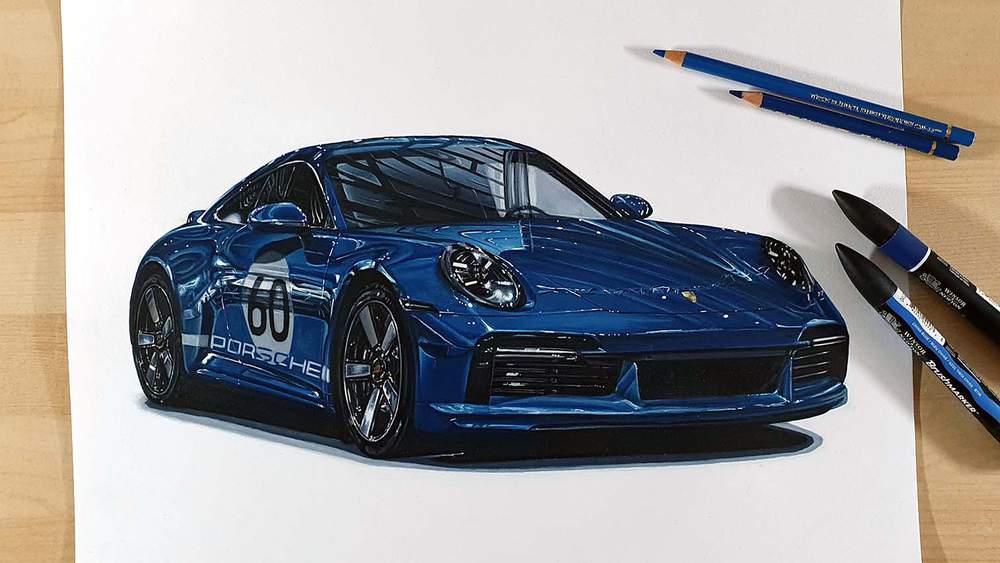
Have you ever marveled at a stunning piece of art and wondered, "Is the artist born with this incredible ability, or did they learn to draw this well?" This question - whether drawing is a talent you're born with or a skill you can develop - sparks lively debates in coffee shops, classrooms, and art studios around the world.
Some argue that drawing is a natural gift, something you either have or you don't. Others believe it's a skill honed through practice, patience, and lots of pencil shavings.
In this article, we'll dive into both sides of the debate, explore what experts say, and uncover whether anyone can become a skilled artist with the right approach. So, grab your sketchbook, and let's unravel this artistic mystery together!
Key Takeaways:
- Talent is a Head Start, Not a Determinant: While natural talent can give some an early advantage, it's not the sole factor that determines success in drawing.
- Skill Development is Accessible to All: Drawing is a skill that can be learned and refined by anyone willing to put in the time and effort.
- Perseverance is Key: The most significant growth in art often comes from overcoming challenges and persisting through periods of slow progress.
Drawing is both a talent and a skill. Some people may have a natural aptitude or talent for drawing, which can give them a head start in learning. However, talent is not a requirement to become proficient at drawing. Drawing skills can be developed through practice, learning, and dedication. Regardless of innate talent, anyone can learn to draw effectively with time and effort. In essence, while talent can be helpful, it is not necessary to become skilled in drawing.
Understanding Talent and Skill
When we talk about drawing, two words often pop up in the conversation: 'talent' and 'skill.' But what do these terms really mean, especially in the world of art?
Talent: In the simplest terms, talent is like a head-start in a race. It's a natural ability or inclination that some people have right from the start. For instance, think of a friend who just seems to 'get' how to draw without much effort. They might have an eye for detail, a steady hand, or just an instinctive sense of how to bring lines and shapes together. This inborn talent can make learning to draw easier and quicker for some, allowing them to create impressive artwork with relatively little training.
Skill: On the flip side, skill is like building a muscle. It's not something you're born with; it's something you develop through dedication, practice, and learning from mistakes. Think of skill as the journey of an athlete training for a marathon. They might not be the fastest at first, but with consistent practice, they build up their strength and technique. Similarly, anyone can become a skilled artist by studying various techniques, putting pencil to paper regularly, and learning from every stroke they make.
Now, you might be wondering: "Which is more important for becoming a good artist - talent or skill?" Well, it's not as black and white as you might think. While talent can give someone a head start, it doesn't guarantee they'll cross the finish line first. That's where skill, nurtured through hard work and persistence, plays a crucial role.
The Role of Talent in Drawing
It's hard to ignore the dazzle of natural talent. Some people just seem to have a magical touch with a pencil, effortlessly sketching out images that capture our imaginations. This natural flair can be seen in people who, from a young age, show remarkable hand-eye coordination, an innate sense of aesthetics, or an ability to grasp complex visual concepts easily.
Talent, in this sense, acts like a springboard. It can launch artists into the world of drawing with a certain ease and grace that seems almost otherworldly. For example, consider prodigies like Kim Jung Gi, whose childhood drawings of complex shapes and scenes left people in awe. Such artists often find themselves in the spotlight, hailed as geniuses for their exceptional abilities.
But, and it's a big but, talent isn't the end-all and be-all of drawing. It's more like a head start in a marathon. Talented artists might sprint ahead early on, but they too need to develop their skills to keep advancing. Talent can open doors, but it's not a golden ticket to artistic mastery.
Drawing as a Skill
Now, let's talk about skill, the true backbone of an artist's journey. Skill is where the real magic happens in drawing. It's all about learning, practicing, and refining your art over time. Think of it like building a house. You start with the basics - understanding lines, shapes, and shadows - and gradually add more complex elements like perspective, anatomy, and color theory.
The beauty of viewing drawing as a skill is that it's accessible to everyone. You don't need to be born with a pencil in hand to become a great artist. With dedication and practice, anyone can improve their drawing abilities. In fact, many artists who start without any apparent talent often end up surpassing those with natural ability. Why? Because they learn to approach drawing methodically, understanding every nuance and technique deeply.
Skill development in drawing is a journey of continuous learning. It's about pushing boundaries, making mistakes, and learning from them. It's about challenging yourself with new subjects and styles, and most importantly, it's about not giving up, even when the progress seems slow.
In the world of art, hard work, patience, and perseverance are just as celebrated as natural talent. The mastery of drawing skills is a testament to an artist's commitment to their craft.
Learning to Draw: Overcoming the Talent Barrier
If you've ever felt discouraged about drawing because you think you're not 'naturally talented,' here's some good news: drawing is a skill that can be learned and mastered by anyone. The talent barrier is more of a myth than a reality. The key is understanding that progress in drawing, like any other skill, requires time, effort, and a willingness to learn.
Starting with the Basics: The journey begins with mastering the fundamentals. Perspective, anatomy, rendering (light and shadow), and color theory are the building blocks of drawing. You don't have to tackle these in any specific order, but diving into these topics methodically will lay a solid foundation for your artistic growth.
Embracing the Learning Process: Remember, no artist masters these fundamentals overnight. It takes years of practice to feel confident in every aspect of drawing. The learning curve might seem steep at first, but every bit of practice brings visible improvement. Embrace the process, enjoy the small victories, and keep pushing forward.
Practical Tips for Improvement: Stay curious and ask questions about the things you're drawing. Understand their form, function, and how they might look from different perspectives. Challenge yourself by stepping out of your comfort zone and trying new subjects and styles. Drawing the same thing repeatedly can be comfortable, but variety is the spice of life - and art!
Talent vs. Skill: A Balanced View
In the debate between talent and skill, it's crucial to recognize that both play a role in an artist's development. Talent can give you a head start, but without the hard work and practice that develops skill, that initial burst of brilliance may plateau.
Skill: The Equalizer: While talent can influence the speed of learning, skill levels the playing field. It's through skill development that artists of all backgrounds find their unique voice and style. Hard work, dedication, and perseverance are often the hallmarks of the most respected and accomplished artists.
Talent: The Accelerator, Not the Destination: Talent might make learning faster, but it's not a destination. Even the most talented artists need to refine their skills and challenge themselves continually. The journey of an artist is an endless pursuit of growth and improvement, regardless of where you start.
In conclusion, while drawing starts as a skill for some and a talent for others, it's the dedication to the craft that ultimately defines an artist's journey. Everyone's artistic path is unique, and embracing both talent and skill is key to unlocking your full potential as an artist.
Conclusion: Embracing Your Artistic Journey
As we've explored the intricate dance between talent and skill in drawing, one thing becomes clear: the journey of an artist is as unique as the art they create. Whether you start with a natural flair for drawing or develop your skills through consistent practice, the path to artistic mastery is both challenging and rewarding.
Key Takeaways:
- Talent is a Head Start, Not a Determinant: While natural talent can give some an early advantage, it's not the sole factor that determines success in drawing.
- Skill Development is Accessible to All: Drawing is a skill that can be learned and refined by anyone willing to put in the time and effort.
- Perseverance is Key: The most significant growth in art often comes from overcoming challenges and persisting through periods of slow progress.
Remember, every artist's journey is different. Some may find their stride quickly, while others may take a longer route, savoring each step of progress. The beauty of art lies in its diversity and the unique stories each artist brings to their canvas.
So, whether you're just starting with a sketchpad or you've been drawing for years, remember that your artistic potential is limitless. With patience, practice, and a dash of courage to step outside your comfort zone, you'll continue to grow and surprise yourself with what you can achieve.
In the words of the great Vincent van Gogh, "If you hear a voice within you say 'you cannot paint,' then by all means paint, and that voice will be silenced." So keep drawing, keep learning, and most importantly, keep expressing yourself through the wonderful language of art.
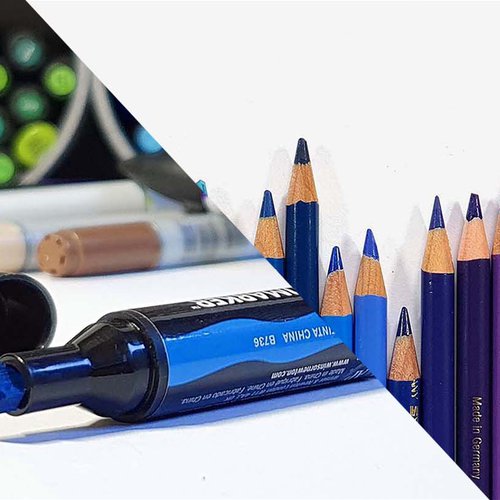
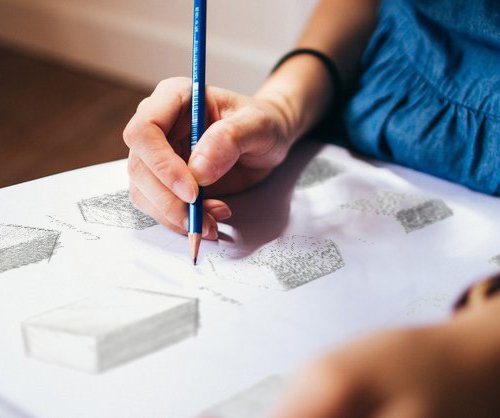
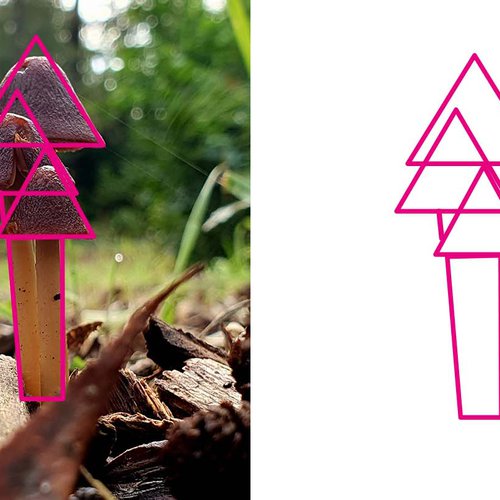
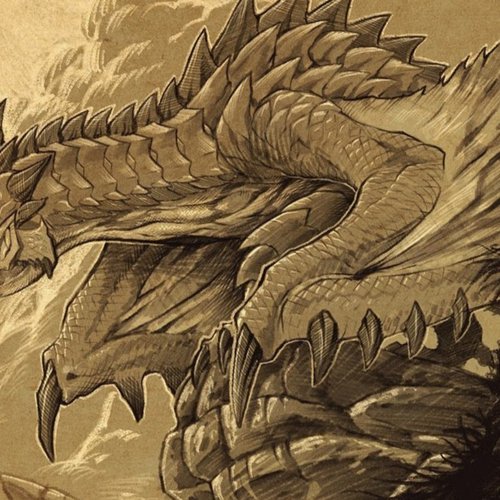
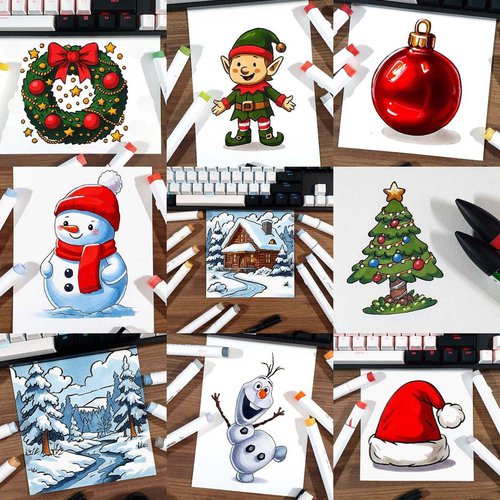
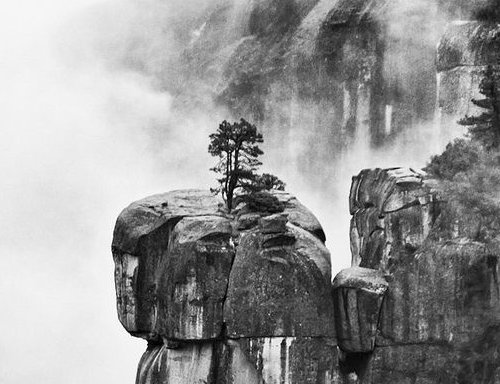

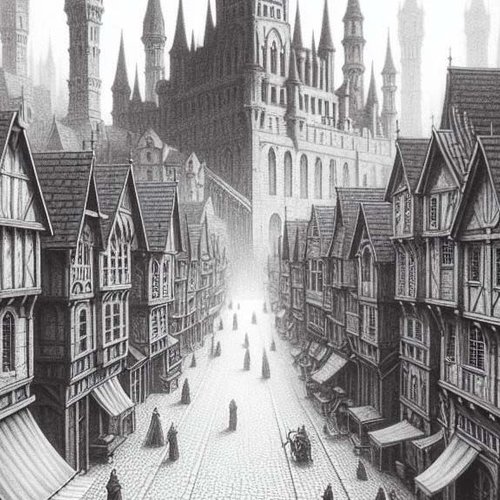
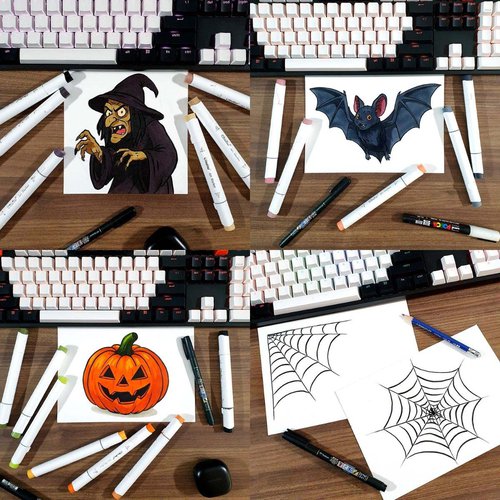
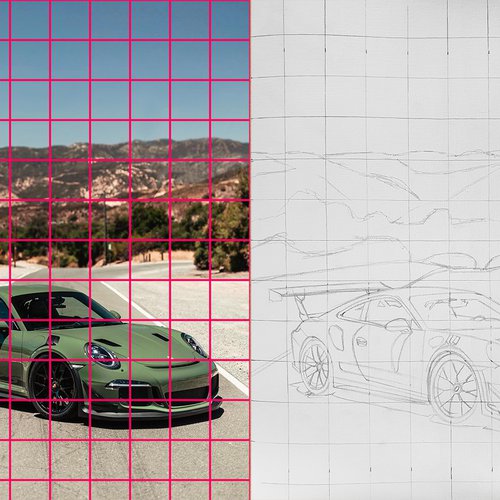
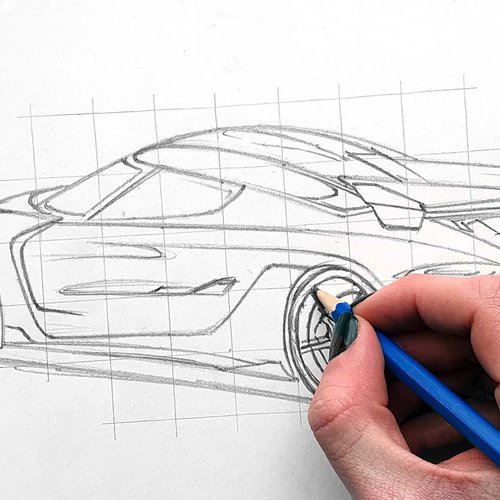




Add a comment
Comments
Im propagating a cruel myth that anybody can draw well. I have yet to see that to be true. Art skills can be learned to a degree certainly but not everyone is actually going to be good at it. Same goes for other subjects such as mathematics. Talent is very real. Some people perfect skills in a fraction of the time and effort it may take someone else.